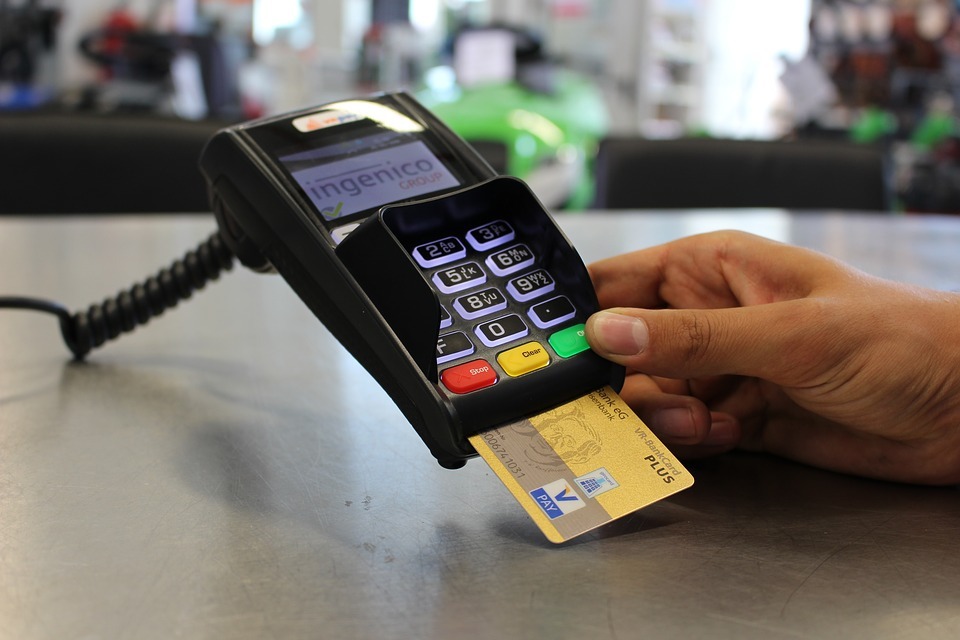The financial sector federation, Febelfin, wants to see Belgians give up cash payments by the 11th of May. Such payments are still popular in Belgium, where they account for close to two-thirds of all payments, but not always by choice, according to Febelfin. To change national habits, the federation on Tuesday launched a campaign to promote cashless payments, under the theme of “Digital payments, what’s more normal?"
In 2016, 63% of payments in Belgium were made by cash. An iVox study done that year with a sampling of 1,000 Belgians showed, however, that 89% of respondents preferred digital payment.
The gap is due to multiple reasons, says Febelfin. About one Belgian in five keeps on paying cash by force of habit, but more than half say they have repeatedly failed to pay by credit card or smart phone.
European Central Bank figures for 2016 confirm that Belgium lags behind in Europe in terms of the availability of digital means of payment. At the time, it had only 16,000 payment terminals for every one million inhabitants, whereas France and the Netherlands had 24,000 and 29,000 respectively.
Reticence on the part of business people and members of the liberal professions is not the only hurdle. More than half of Belgians see payments without contact as unsafe, and the statistics for payments by mobile phone are hardly more encouraging.
“A lot of work still needs to be done to change Belgian consumers’ perceptions and behaviour,” Febelfin CEO Karel van Eetvelt admits. “We note a real lack of information on the issue and that’s precisely what I wish to change.”
This is the main reason for the launch of Belgium’s first Digital Payment Day on 11 May.
In the meantime, the Federation says it will strive to convince as many business people as possible to install digital payment systems on their premises. It has launched a website targeting both consumers and businesses that describes the various modes of digital payments, and particularly their cost to consumers.
The Brussels Times

